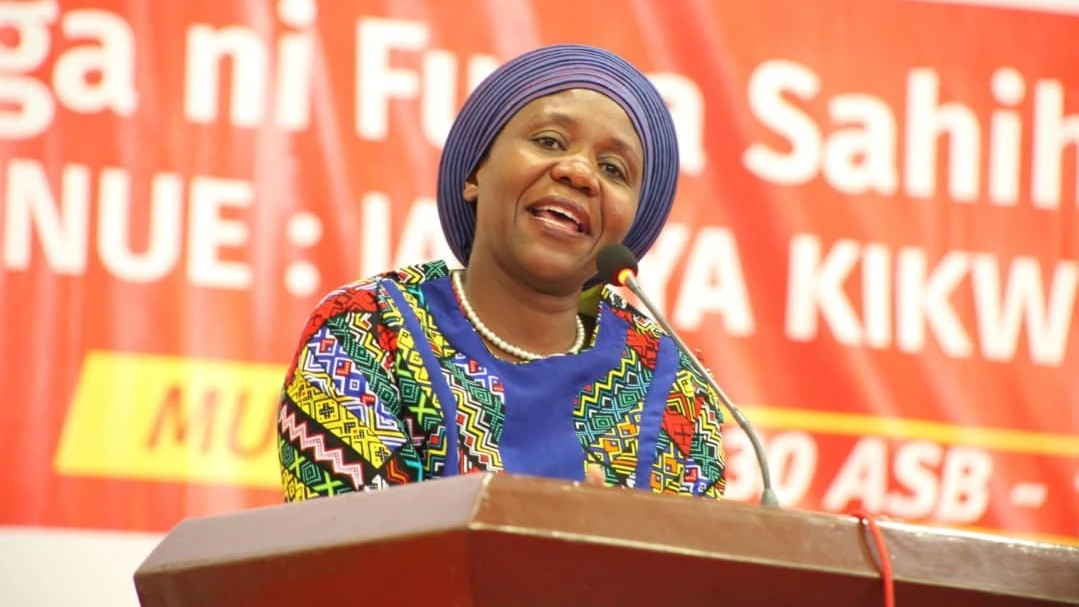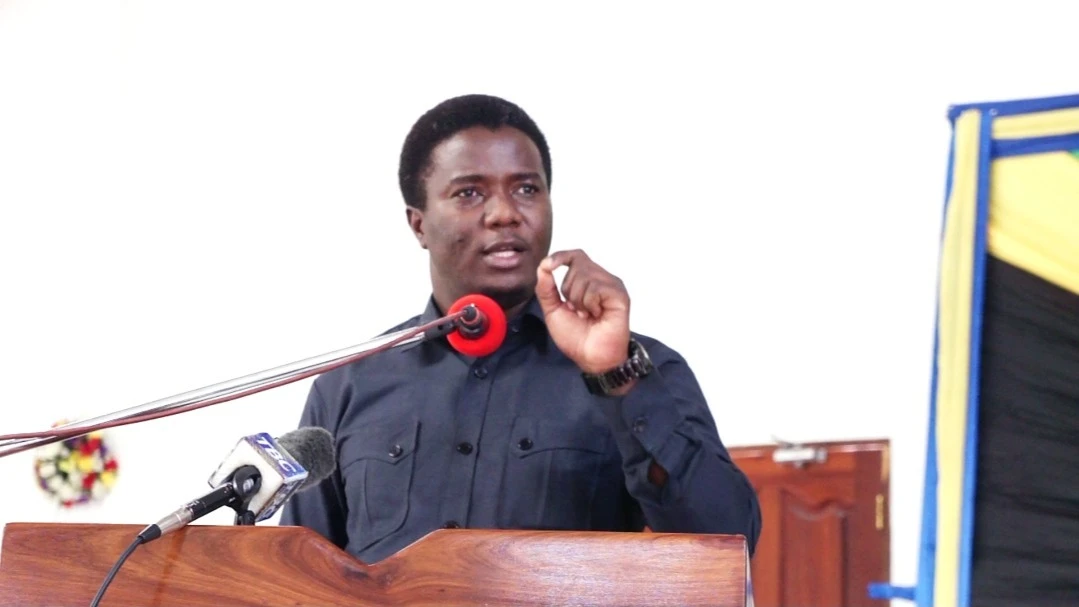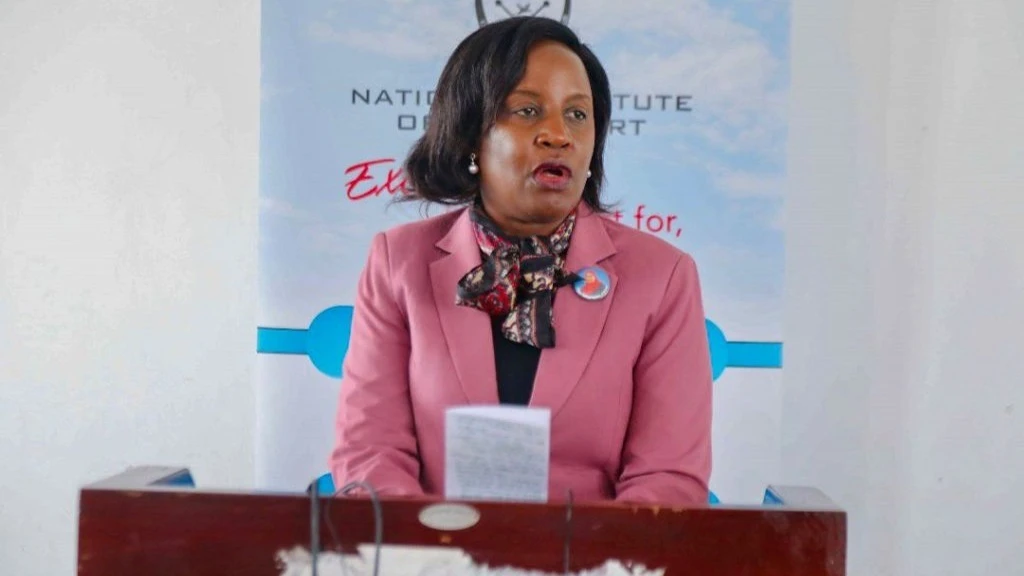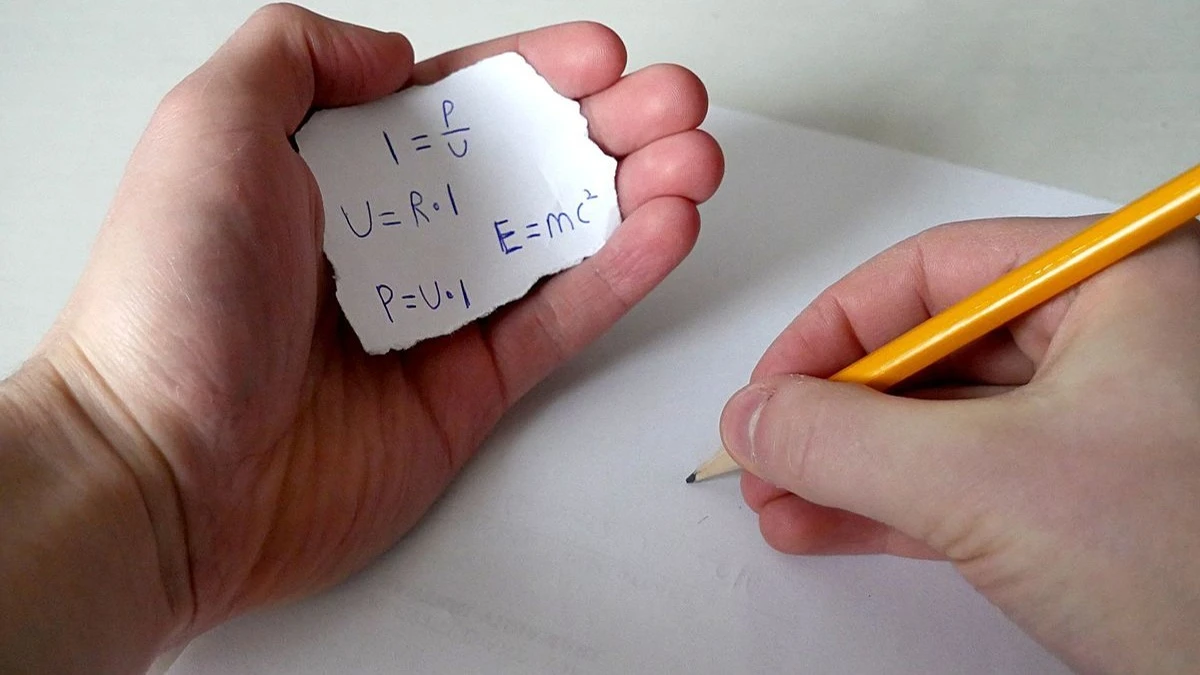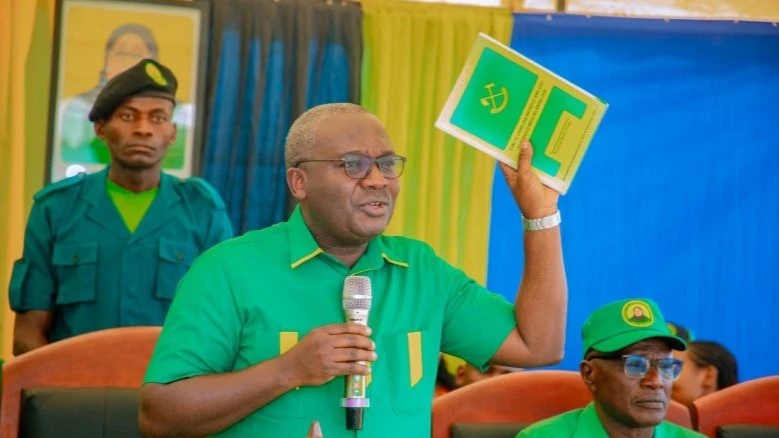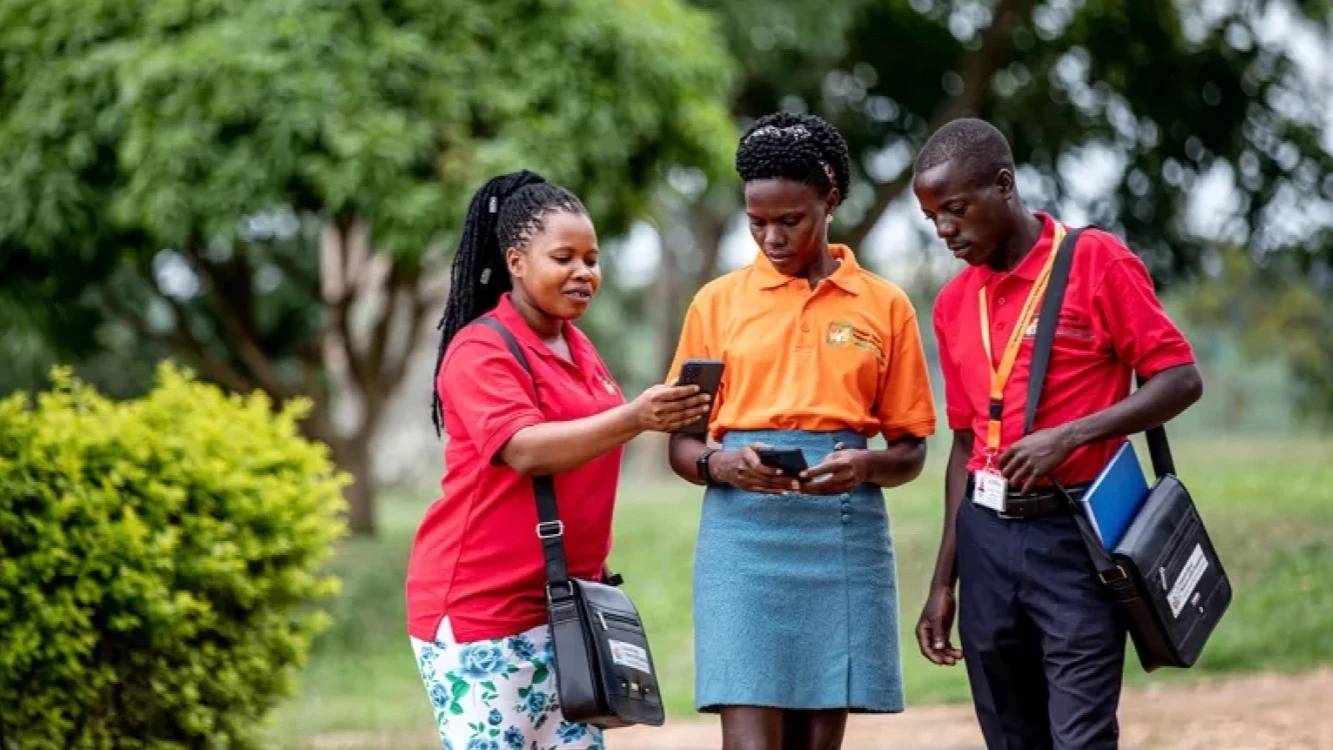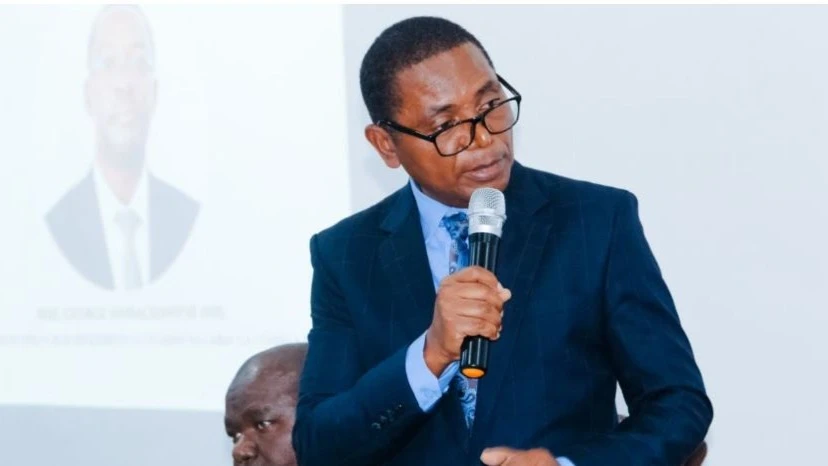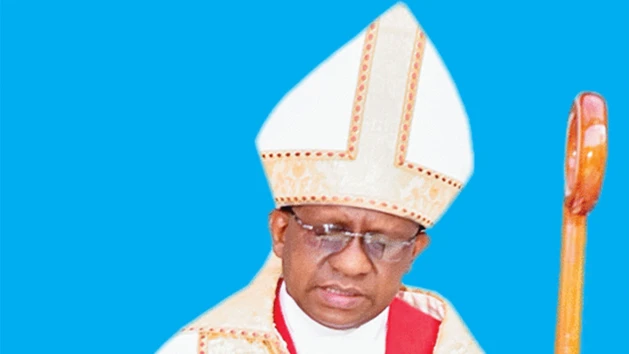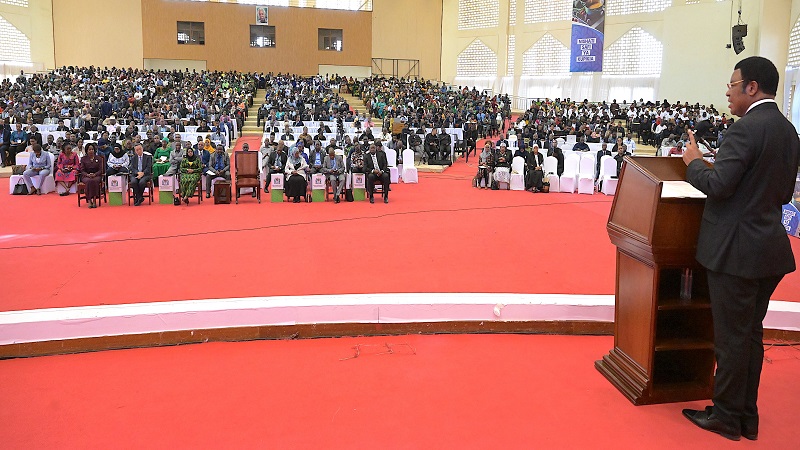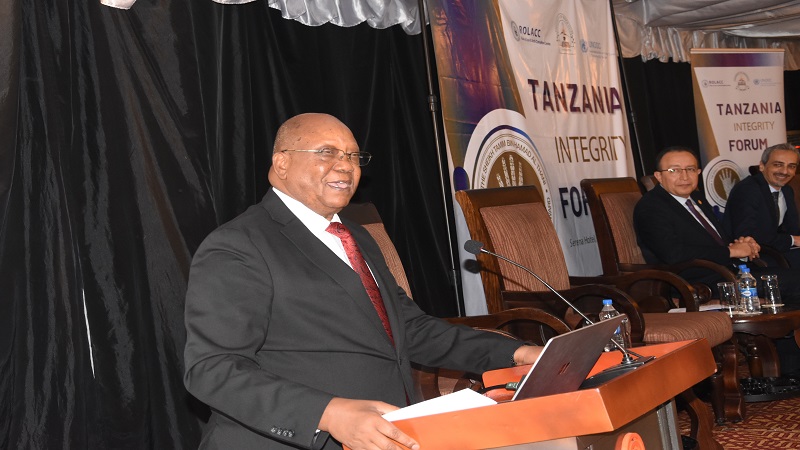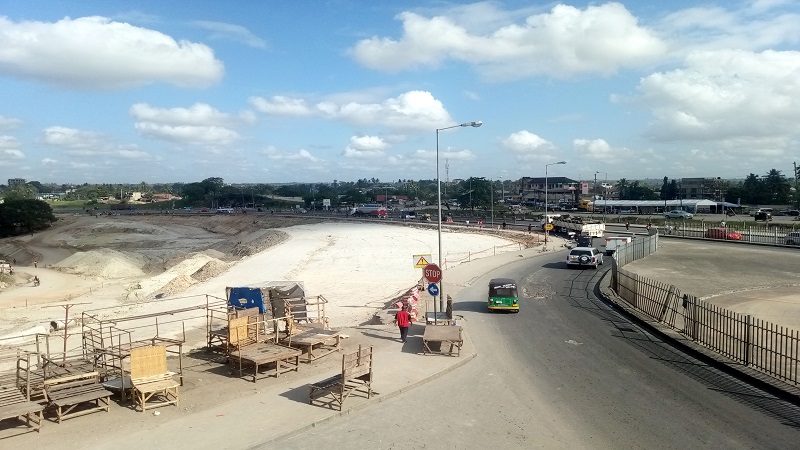WHO declares mpox public health emergency of global concern
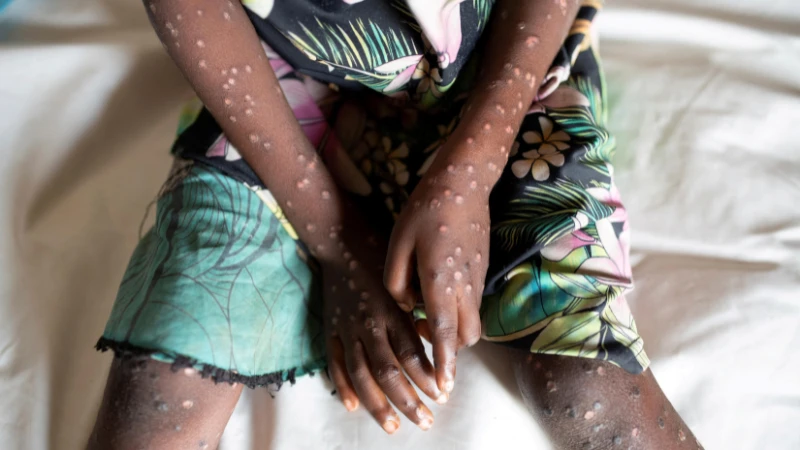
THE World Health Organisation (WHO) has declared mpox a public emergency of international concern. This comes amid a rapid surge in spread of the disease in Eastern Democratic Republic of Congo, and its detection in neighbouring countries as well.
The Director General of the WHO, Tedros Adhanom Ghebreyesus (pictured), said, that a public health emergency of international concern is the highest level of alarm under international health law.
“Today, the Emergency Committee met and advised me that, in its view, the situation constitutes a public health emergency of international concern. I have accepted that advice. A public health emergency of international concern is the highest level of alarm under international health law,” Tedros said in a media briefing on the outcome of the mpox Emergency Committee meeting.
“The Emergency Committee’s advice to me, and that of the @AfricaCDC, which yesterday declared a public health emergency of regional security, are aligned” he added.
The mpox has been detected in 10 African nations this year, the Africa Centres for Disease Control and Prevention said last week. Citing the Africa Centres for Disease Control and Prevention, Al Jazeera reported that over 96 per cent of the cases are located in the DRC.
“The detection and rapid spread of a new clade of mpox in eastern DRC, its detection in neighbouring countries that had not previously reported mpox, and the potential for further spread within Africa and beyond are very worrying,” Tedros said.
He underlined that, in order to contain the outbreak, a coordinated international response is necessary.
“In addition to other outbreaks of other clades of mpox in other parts of Africa, it’s clear that a coordinated international response is essential to stop these outbreaks and save lives,” Tedros stated.
The WHO chief highlighted that the global health body has been working on the outbreak of mpox in Africa and raising the alarm regarding the same.
Tedros recalled the announcement of convening an emergency committee he made last week to evaluate the surge in cases of mpox in Congo.
He further went on to say that the WHO is ‘working on ground’ with the ‘affected countries’, and also those at risk of containing the mpox outbreaks, by supporting laboratories to sequence viral samples.
“WHO is on the ground, working with the affected countries, and others at risk, through our country and regional offices...For example, we are providing machines to analyse blood samples and confirm cases of mpox. We’re supporting laboratories to sequence viral samples, we’re on the ground supporting case investigation, contact tracing, risk communication and community engagement,” the WHO Chief said.
“We’re training health workers and supporting clinicians to provide appropriate care; We’re supporting countries to access vaccines and develop the strategies to roll them out; And much more,” he further added.
Tedros said that WHO has developed a regional response plan, which requires USD 15 million at an initial stage.
“We have released USD 1.45 million from the WHO Contingency Fund for Emergencies, and we plan to release more in the coming days. We are also appealing to donors to fund the rest of the response plan,” he announced.
“WHO is committed in the days and weeks ahead to coordinate the global response, working closely with each of the affected countries, and leveraging our on-the-ground presence, to prevent transmission, treat those infected, and save lives. I thank the Emergency Committee for its work and advice,” he added.
The cases of mpox have surged in the Central African nation since last September. A strain of the virus has now been detected in its neighbouring countries.
The WHO declared mpox, also known as monkeypox, a global emergency in 2022 after it spread to more than 70 countries.
ANI
Top Headlines
© 2024 IPPMEDIA.COM. ALL RIGHTS RESERVED









